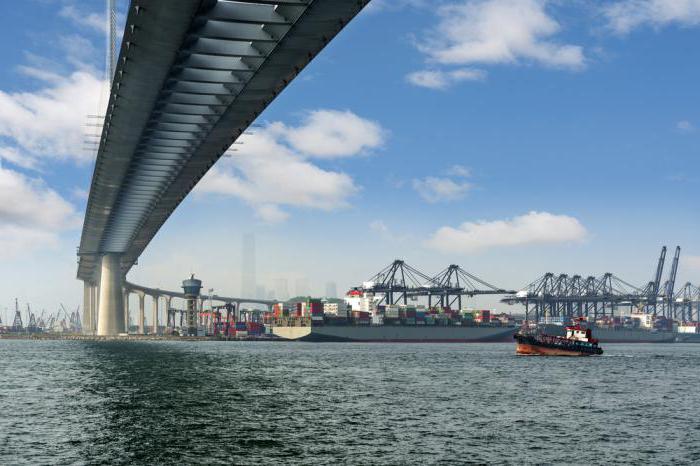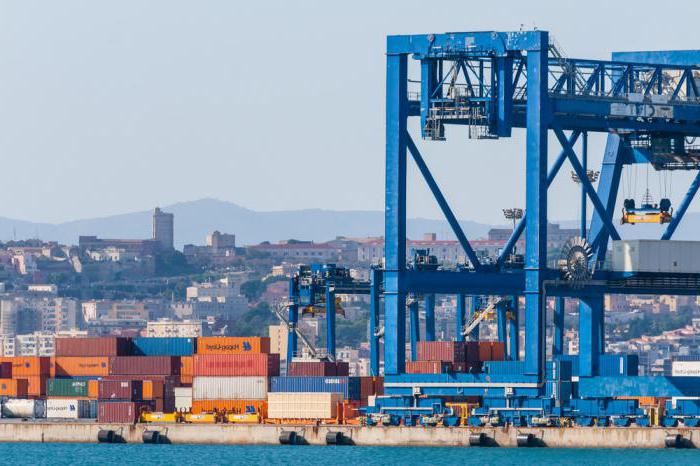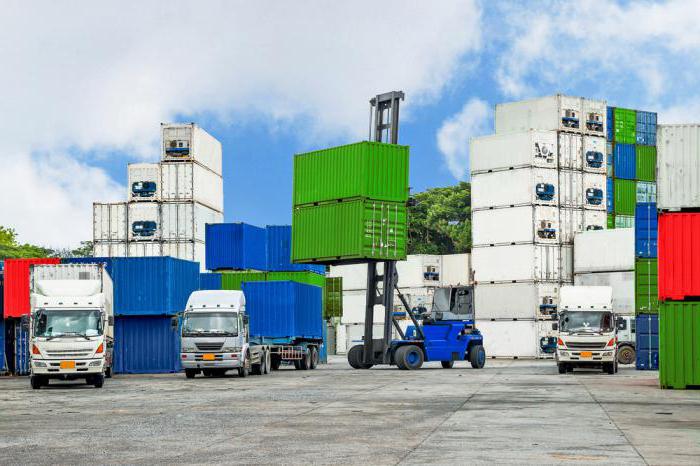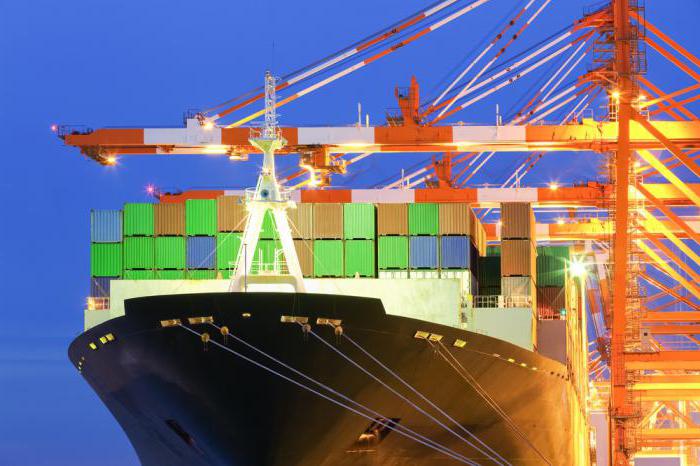The topic of freight forwarder liability is not new. Today, carrier liability insurance is almost a condition for employment. Moreover, customers want to work only in companies that cooperate with a "good" insurer.
For whom?
The forwarder's task is to deliver the customer’s cargo in the fastest and least expensive way. Moreover, all parties to the transaction want to be sure that in case of default, the carrier will be able to compensate for the losses. For this purpose, freight forwarder liability insurance is provided.

This term consists of several “blocks”: liability for errors and damage. Typically, the customer does not want to explore the entire chain in search of the culprit. Therefore, he tries to compensate for the damage through the organizer of the transportation. Therefore, it is important that the forwarder's liability insurance policy provides for compensation in the event of loss or damage to the goods.
The service is intended to cover any claims against the forwarder. That is, its feasibility is for the freight forwarder to be able to reimburse working capital, plan unforeseen expenses and receive a “quality certificate”.
Treaties
Until recently, carrier and forwarder liability insurance raised a lot of questions among all participants in the transport community. None of the laws governing the activities of transport companies provides liability insurance. After the publication of the Decree of the Presidium No. 16996/09, such agreements became subject to the current legislation.
Compensation is paid if the carrier inflicts harm to life, health, property during the provision of expeditionary services. The carrier’s expenses for saving the cargo, reducing losses caused by the insured event, and other unforeseen expenses are also compensated. Cases of transportation are excluded from the contract when the forwarder does not attract his own transport composition, but rented one.

The risks
Forwarders who are responsible for their contractors are called principals, and those who are only responsible for their mistakes and for the choice of a carrier are called agents. Forwarder's liability insurance policy covers the following risks:
- physical damage, loss of cargo;
- financial consequences arising as a result of the carrier’s mistakes (delay in delivery, incorrect paperwork, consequences for the export of goods by a person who does not have authority for this, etc.);
- fines, duties, taxes that are imposed in case of violation of customs, environmental laws, working conditions;
- risks arising from damage caused by cargo (damage to health during loading and unloading, expenses associated with the provision of medical assistance);
- incident investigation costs.
Prize
The cost of the freight forwarder liability insurance policy is calculated on the basis of the sum of all invoices issued, or the amount of freight transported, converted into containers (TEUs).

The cost of the policy is affected by:
- Route.
- Nomenclature. Protection of high-risk goods (electronics, alcohol, tobacco, cars will cost more).
- The number of vehicles. The contract must prescribe the make and number of all the vehicles that participate in the transportation.
- Freight. International shipping will cost more than domestic.
- Selected risks, deductibles.
Without an additional premium, the coverage includes expenses for the prevention (reduction) of damage, other expenses that must be compensated under the terms of the contract, including legal, legal costs. The policy also covers the liability of the policyholder as a result of errors of officials.
Terms of cooperation
The insurance contract may be concluded separately for each carriage. This procedure is more beneficial for a company that does not offer cargo insurance to customers.
It is more profitable for organizations that often have to purchase a policy to draw up one general contract and issue a separate certificate for each delivery. The main advantage of such contracts are pre-agreed terms of cooperation and operational insurance of a specific cargo.

The agreement with the deposit bonus is valid for all deliveries within the agreed time. Such policies are cheap enough, but you can’t count on a large amount of payment.
Insurance payment
The policy also covers indirect losses associated with cargo damage. The amount of payment can be determined by a folding receipt, transport legislation or according to the rules of international conventions, for example, CMR, SMGS.
An important condition of the forwarder's civil liability insurance contract is to identify the events that led to the loss. However, the provision of a service should not be limited to a set of events. That is, the payment of compensation for the lost cargo should be carried out regardless of the causes of this situation.
Before signing the contract, you should pay attention to the list of losses that are not reimbursable.
In case of loss of cargo, the amount of compensation is calculated based on the amount of cargo indicated in the document, and transport, customs and other costs associated with transportation, provided that they are specified in the contract. If it is damaged, the size of the payment is determined by the results of an expert evaluation or restoration costs. The decision to pay compensation is made within 10 days from the receipt of all documents. This is the procedure in the above situations.

Limits
Freight forwarders liability insurance also covers the losses of partners. The contract may provide for the payment of compensation for the sea line, which provides containers, in case of loss of the latter. Responsibility to third parties may also be included, for example, in case of damage to the docker with a poorly packed cargo. The more losses the freight forwarder's liability insurance contract covers, the better.
Cases of transportation at declared value, “on an agreed date”, transportation of valuable goods (precious metals, paintings, horses, etc.), as well as operations carried out in a number of countries, are not subject to insurance.

Payout limits are specified in the contract and depend on the nature of the activity and the degree of risk of the forwarder. In Western countries, carriers do not recognize policies in which the limit is less than 250 thousand. The standard amount of coverage is 750 thousand dollars per case. The limit of liability of Russian forwarders is 1-2 million rubles.
Special cases
Recourse against a subcontractor is not always effective. The company may challenge the claims in court by providing evidence of its insolvency or bankruptcy. One of the conditions of insurance is to attract subcontractors. Contracts with them will be concluded so that the organizer of transportation could sue the contractor.
The amount of payment is usually less than the cost of the goods. All claims are regulated during the negotiations between the forwarder and the customer of the service. The latter needs to prove not only the value of the cargo, but also the fault of the carrier.

Cargo protection
Does not replace freight insurance, especially expensive, freight forwarder liability insurance.The cost of this service depends on the duration of the company in the market and areas of activity. Most of all expenses will be incurred by companies engaged in cargo transportation (including to European countries) for less than one year. The cost of the service significantly exceeds the profit from the transaction. Therefore, cargo insurance carriers are engaged only on behalf of the client and at his expense. This clause is necessarily prescribed in the contract for expeditionary services.
Conclusion
Forwarder liability insurance is not a panacea. Do not forget about other ways to reduce risks. After all, one lost bill of lading can cause the loss of a client. And solvent customers today are hard to find.